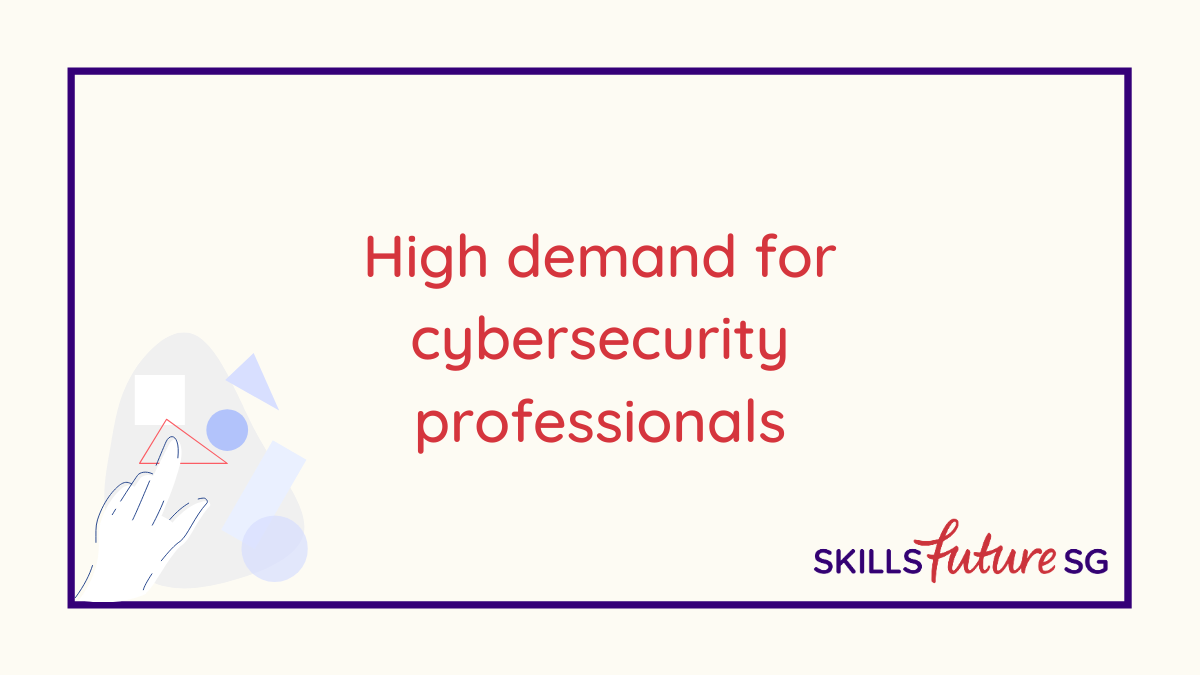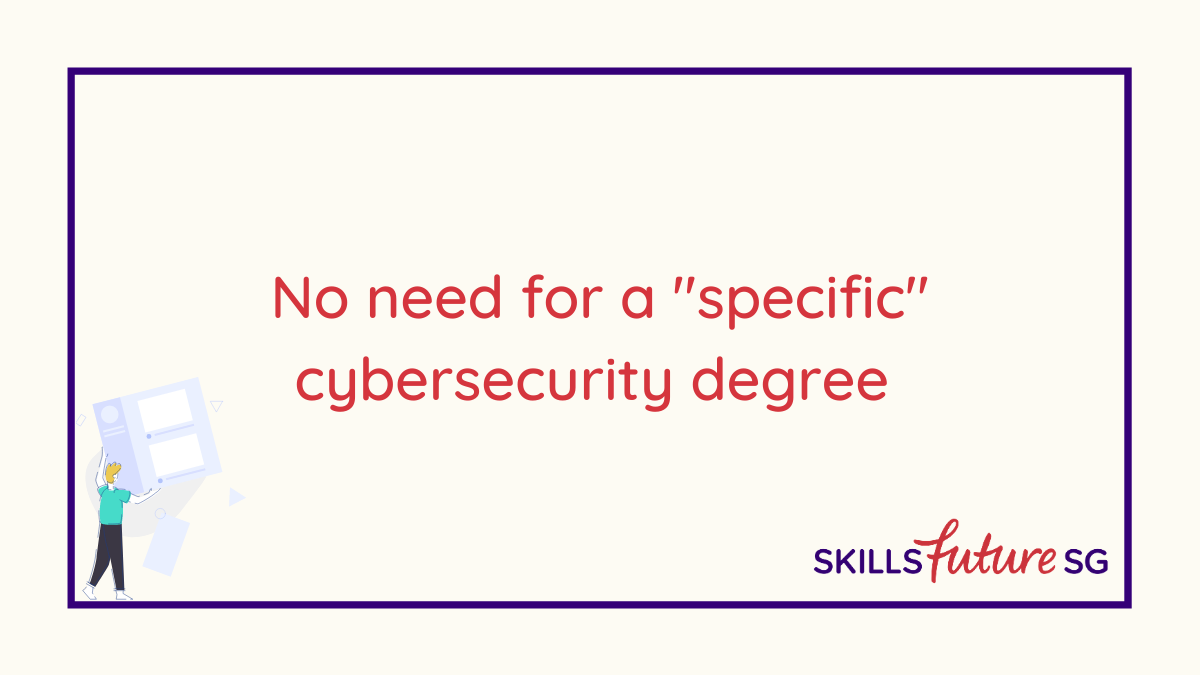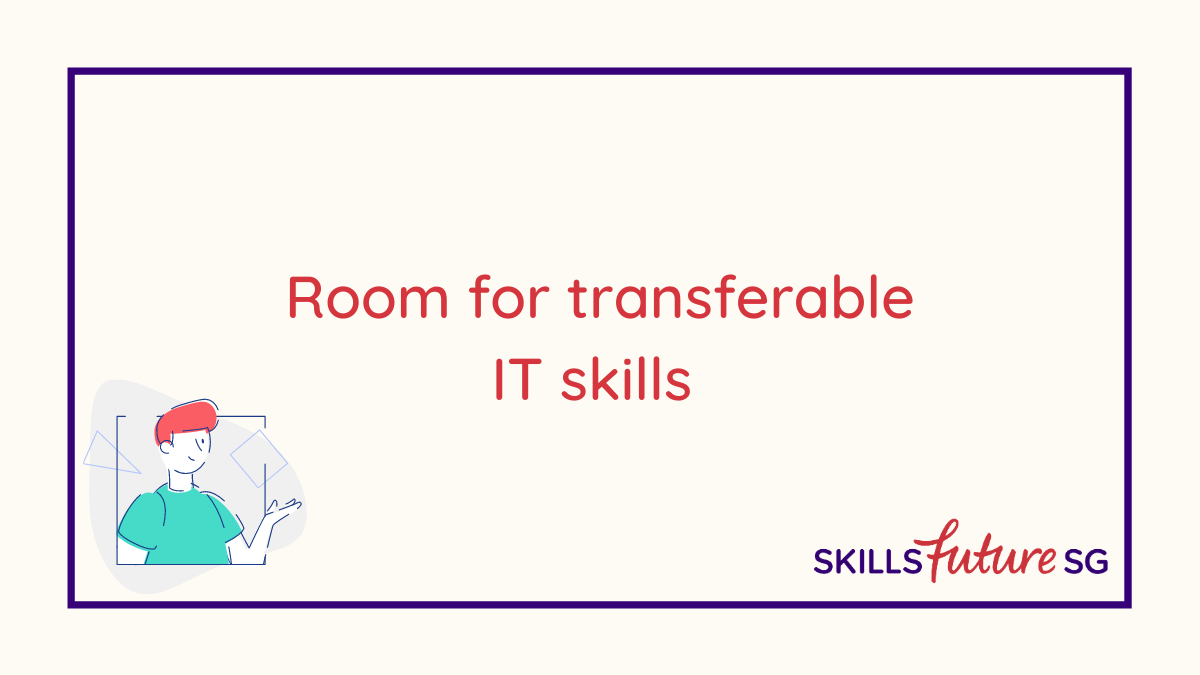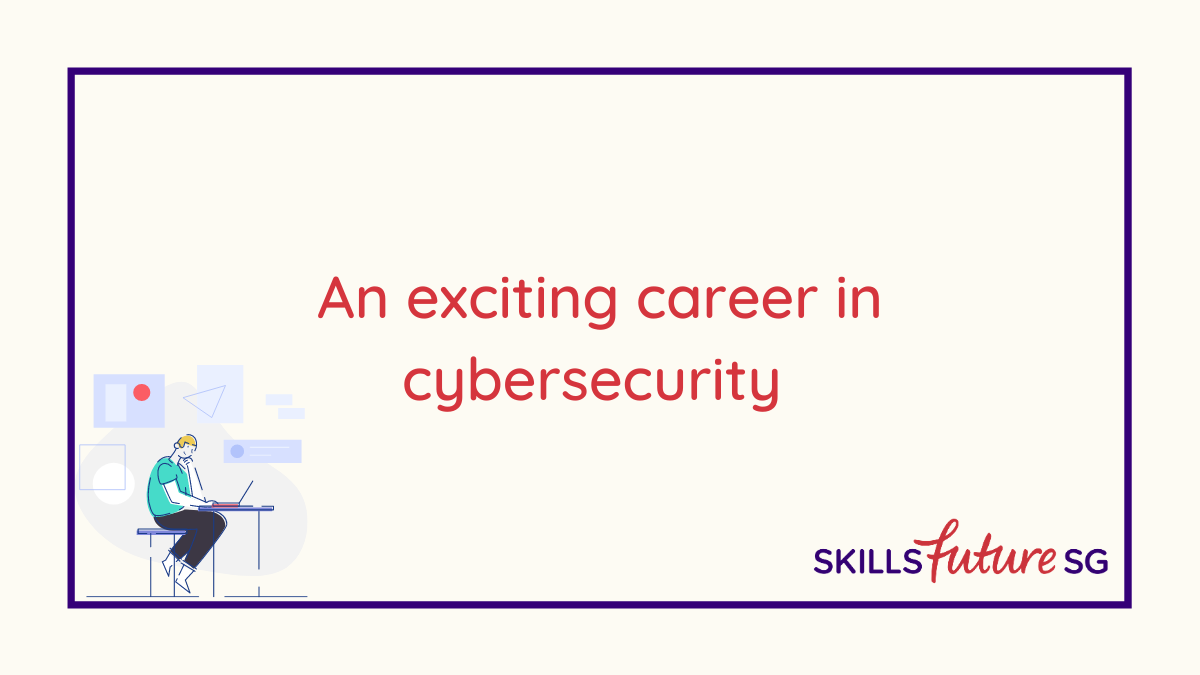A decade ago, files were passed between personal computers by cumbersome hard drives and easily misplaced USB sticks. Fast forward to today and files can be sent over to your friends and family at the touch of a button, thanks to cloud technology.
With digitalisation of industries and services in every aspect of our lives, the importance of cybersecurity has never been greater. This practice of protecting systems, networks, and programmes from digital attacks has led to great demand and interest from businesses.
With cyber threats growing year on year and data breaches by both local and international organisations increasing, it’s no surprise that cybersecurity is now one of the fastest growing sectors in the IT industry and one of the top skill areas to pick up in 2021.




















